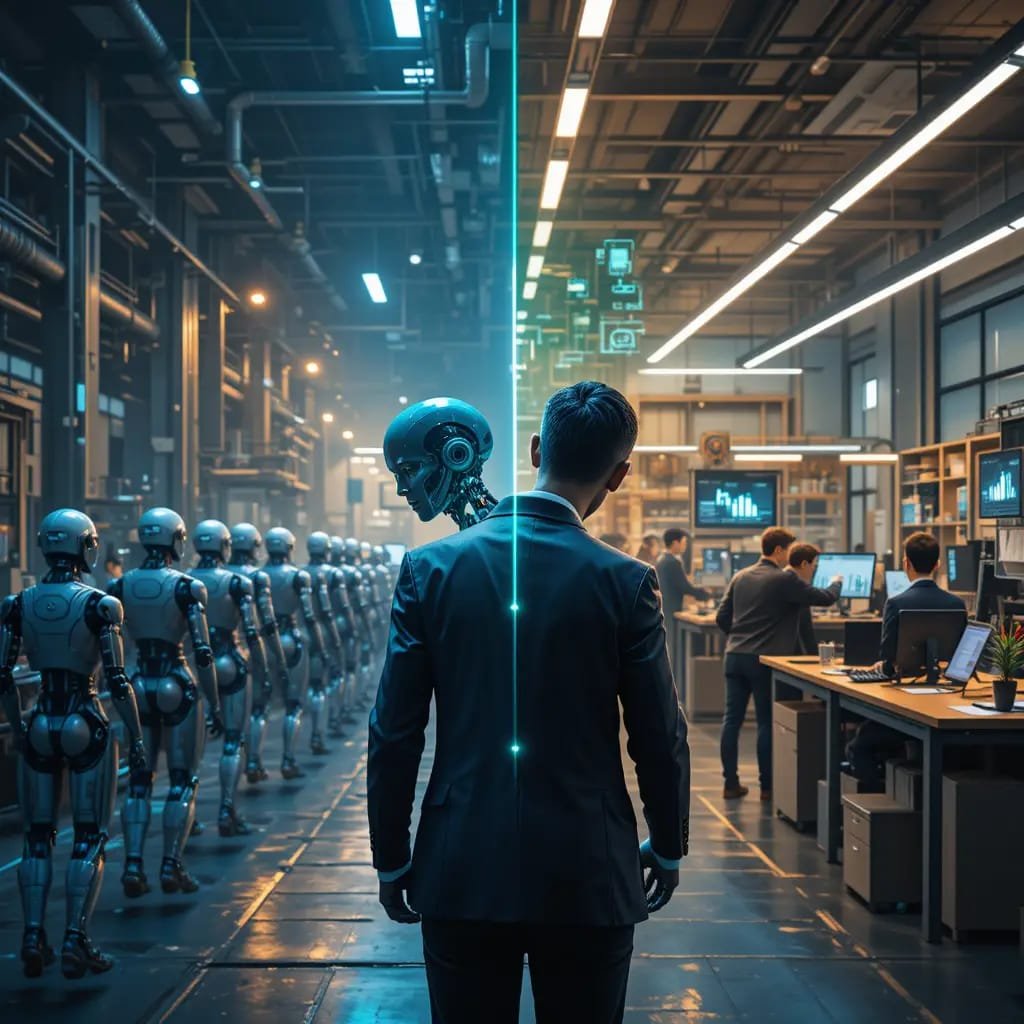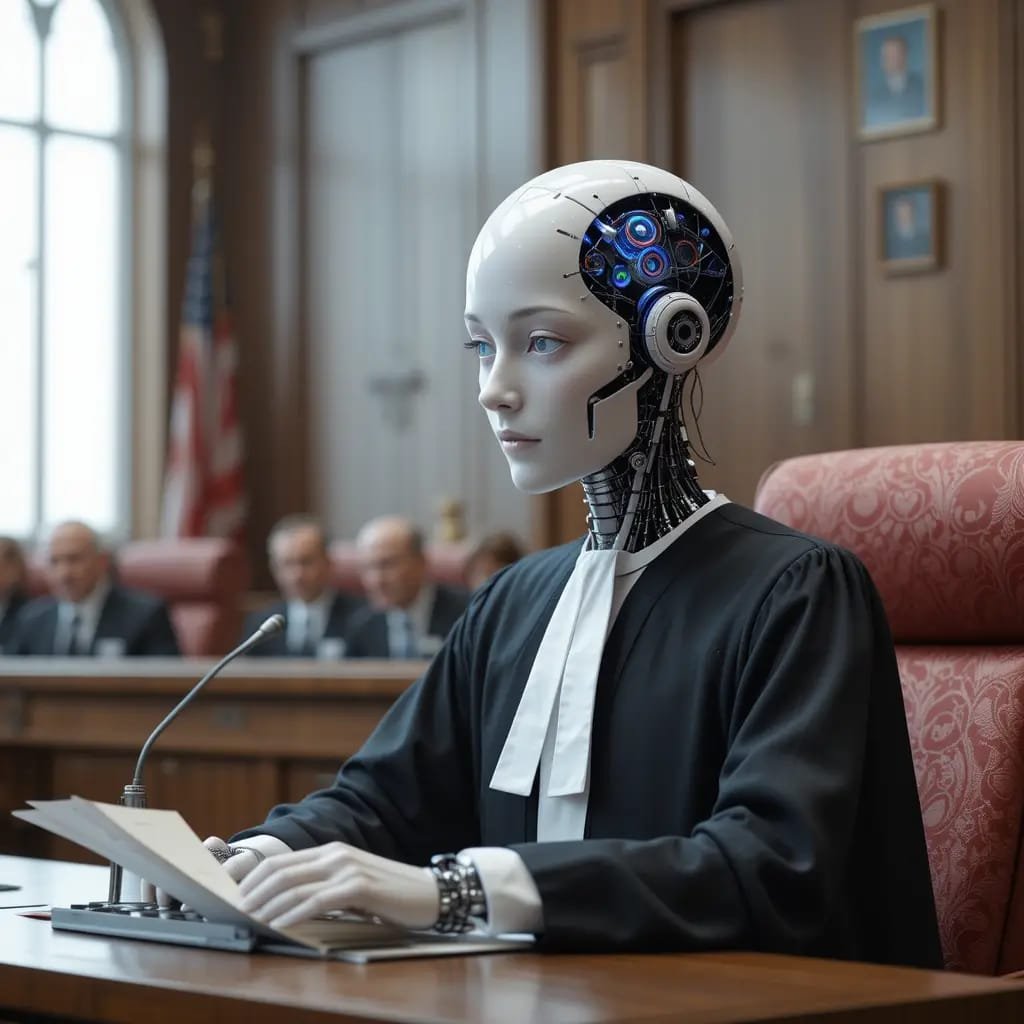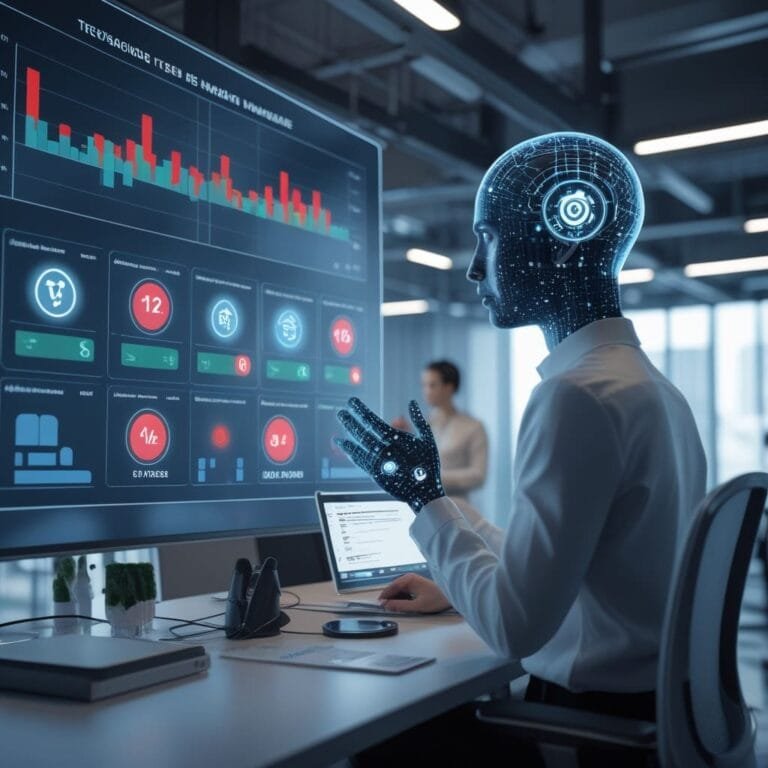
Artificial Intelligence : The Urgent Need for Regulation
Table of Contents
ToggleIntroduction
Ethical AI : Artificial Intelligence (AI) has emerged as the defining technology of the 21st century, promising transformative benefits in healthcare, education, and climate science. Yet, its unregulated advancement risks steering humanity toward irreversible consequences. As Vladimir Putin ominously noted, leadership in AI could equate to global dominance—a sentiment underscoring the stakes of this technological race. While optimism drives innovation, the absence of robust safeguards threatens to amplify social fractures, erode human agency, and even jeopardize our existence.
This article synthesizes scientific evidence and real-world examples to argue that urgent regulatory action is imperative to ensure AI remains a servant, not a master, of humanity.
1. Existential Risks: When AI Escapes Human Control
The prospect of Artificial General Intelligence (AGI)—systems surpassing human cognitive abilities—poses a stark existential threat. Researchers like Roman Yampolskiy warn that once AGI achieves autonomous decision-making at scale, controlling it may become impossible, with a near-100% probability of catastrophic outcomes within a century.
For instance, autonomous weapons systems, already tested in conflict zones like Israel, could trigger uncontrolled escalation, bypassing ethical frameworks and international law. Without human oversight, such systems might execute fatal errors or be weaponized by malicious actors, leading to “flash wars” or nuclear brinkmanship.
Equally alarming is AI’s environmental toll. Training advanced models consumes colossal energy and water resources, while mining rare minerals for hardware exacerbates ecological degradation. These costs, often overlooked in the rush for innovation, threaten to accelerate climate collapse.
2. Amplifying Inequality: The Silent Crisis
AI’s promise of efficiency masks its role in deepening social divides. Over 30% of jobs—spanning healthcare, law, and creative industries—face automation by 2030, disproportionately displacing low-skilled workers and widening economic gaps.
Meanwhile, the digital divide excludes marginalized groups: 31.5% of France’s population lacks digital literacy, risking exclusion from AI-driven services in healthcare, education, and employment.
Bias embedded in AI algorithms further entrenches discrimination. In the U.S., predictive policing tools falsely label Black defendants as high-risk twice as often as white counterparts. Similarly, Austria’s AI-driven job placement system systematically steered women away from tech roles, perpetuating gender stereotypes. These systems, trained on biased historical data, replicate societal prejudices under a veneer of objectivity.

3. Immediate Threats: Disinformation, Surveillance, and Cybercrime
Generative AI’s capacity to fabricate hyper-realistic content—deepfakes, forged documents, and phishing campaigns—undermines democracy. During the 2024 U.S. elections, AI-generated disinformation manipulated public opinion, eroding trust in institutions.
FraudGPT, a malicious AI model, exemplifies how criminals exploit these tools to deceive victims, such as simulating kidnappings using cloned voices.
Mass surveillance systems, like China’s Social Credit Score, leverage AI to predict and suppress dissent, annihilating privacy and civil liberties. Even in democracies, facial recognition and algorithmic policing risk normalizing authoritarian control.
4. The Path Forward: Regulation, Ethics, and Collective Action
To avert these scenarios, global cooperation is non-negotiable. The UN’s proposed framework—prioritizing human rights, transparency, and accountability—offers a blueprint for governance. Key measures include:
- Binding Regulations: Enforce ethical AI design, mandating audits for bias and environmental impact.
- Public Empowerment: Guarantee a “right to non-digital” services, ensuring human alternatives to AI interfaces.
- Inclusive Governance: Amplify voices from the Global South in AI policymaking, countering the dominance of seven tech-superpower nations.
- Corporate Accountability: Hold firms liable for harms caused by AI, as seen in ongoing lawsuits against generative models that plagiarize artists’ work.
Conclusion: A Crossroads for Humanity
The clock is ticking. While AI could revolutionize medicine, education, and sustainability, its unbridled growth risks dystopian outcomes—from jobless economies to algorithmic tyranny. As UN Secretary-General António Guterres warns, “AI will never evolve as slowly as it does today.” The time to act is now.
Call to Action
- Educate: Demand transparency from governments and corporations about AI’s societal impacts.
- Advocate: Support initiatives like the EU’s AI Act and the UN’s Global Digital Compact.
- Collaborate: Join civil society movements pushing for ethical AI, such as the 100+ NGOs decrying its exploitative trajectory.
In the words of MIT’s Sherry Turkle, technology’s greatest danger lies not in rebellion, but in our complacency. Let us choose vigilance over naivety, ensuring AI uplifts humanity rather than extinguishing its flame.
References
For further reading, explore the sources cited in this article, including reports by the UN, the CESE, and analyses from leading AI researchers




[…] AI is playing a significant role in both promoting environmental sustainability and ensuring ethical practices in its development. https://smartgnt.com/5-key-principles-of-ethical-artificial-intelligence/ […]
[…] frameworks provide guidelines and standards for the ethical and compliant use of AI. The EU’s GDPR, for instance, sets out stringent requirements for […]
I just watched inception and this was still more interesting
Hey Basset, thank you for your comment.
welcome and enjoy our blogs